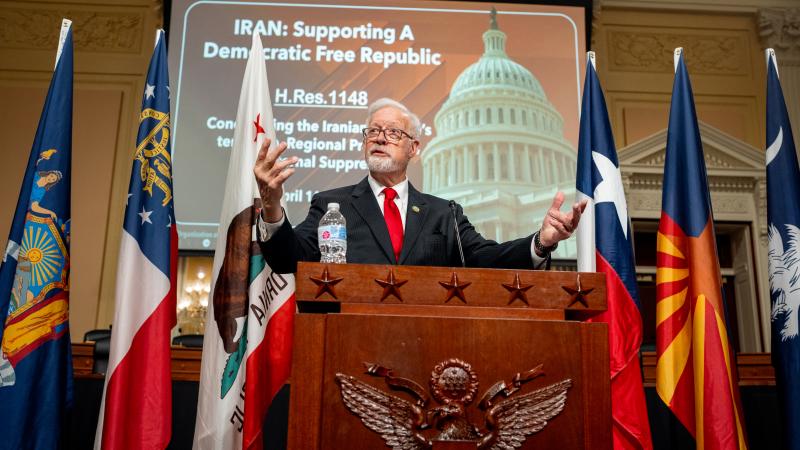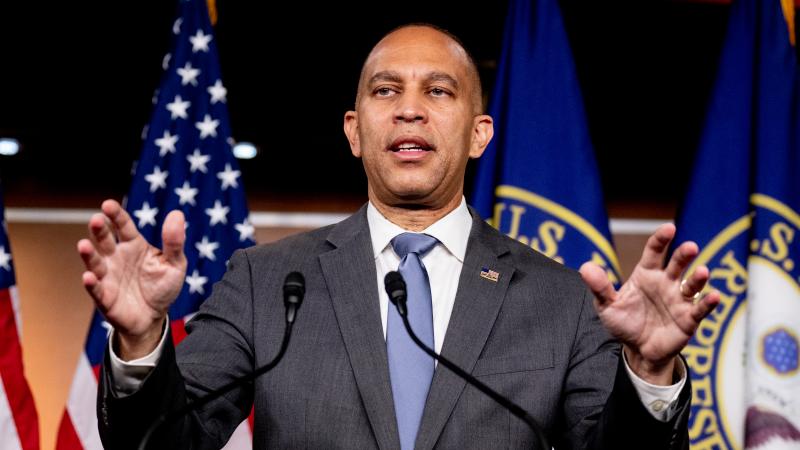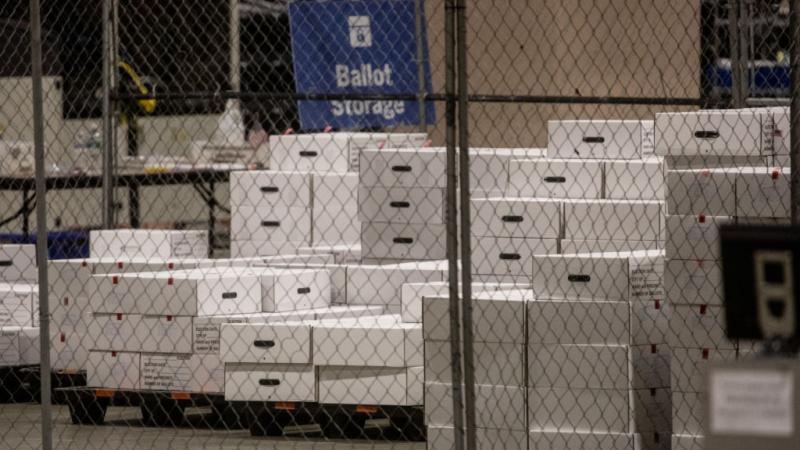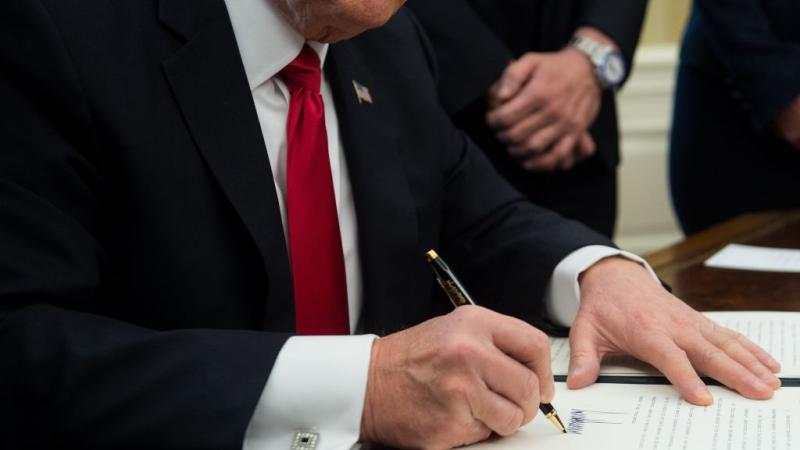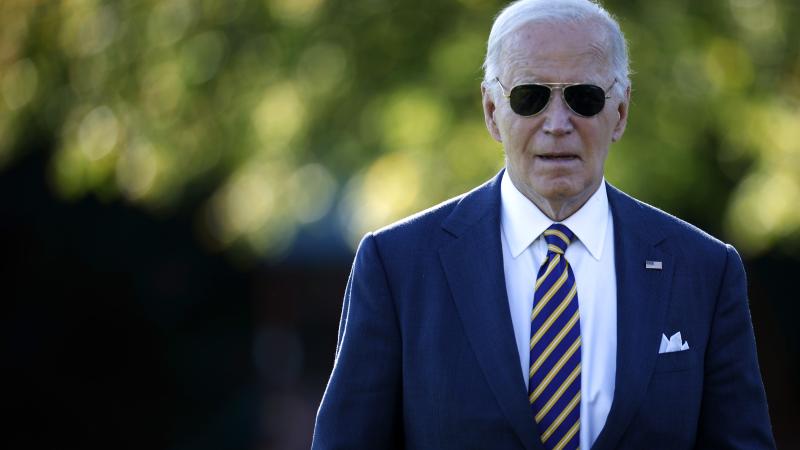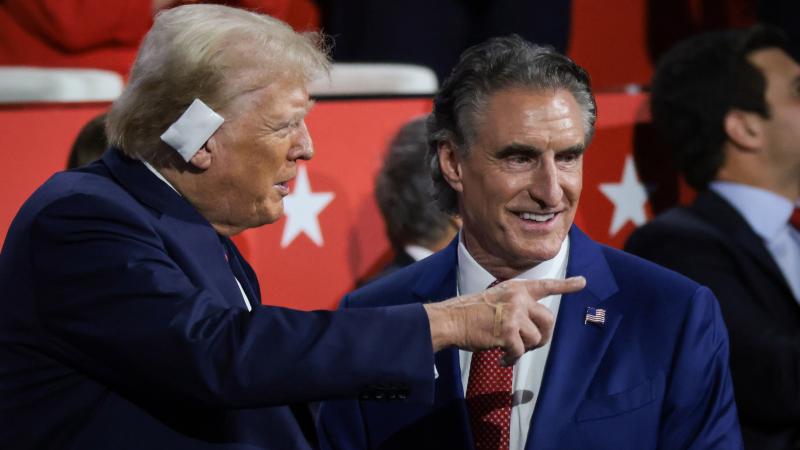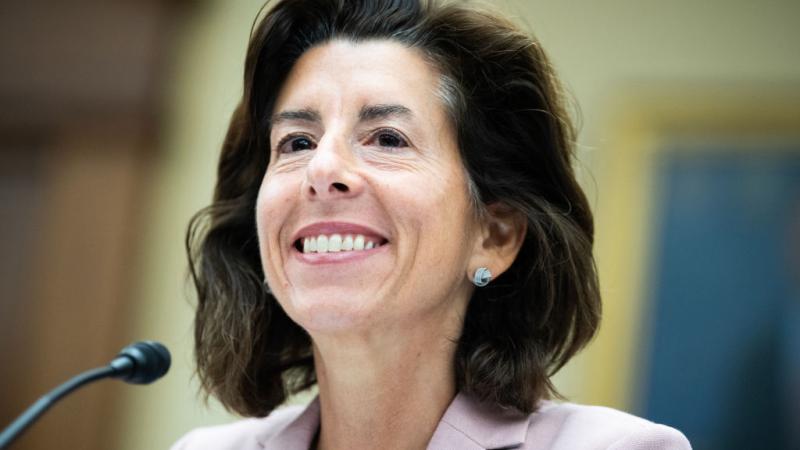AOC rebuffs Ted Cruz support against alleged Robinhood market manipulation
The two legislators shared a rare — and fleeting — moment of agreement.
That didn't last long.
For some fleeting minutes on Thursday, unlikely allies Rep. Alexandria Ocasio-Cortez and Sen. Ted Cruz found common ground.
Starting from opposite ends of a populist spectrum, the progressive icon from the Bronx and the conservative stalwart from Texas converged in opposition to perceived market manipulation by Robinhood Markets, Inc. The financial services firm intervened to block purchases of stock in video game retailer GameStop after users of r/wallstreetbets subreddit joined forces to drive up the chain's stock price, causing painful financial losses to hedge funds that had been short-selling the stock.
"This is unacceptable," tweeted Ocasio-Cortez Thursday morning. "We now need to know more about@RobinhoodApp’s decision to block retail investors from purchasing stock while hedge funds are freely able to trade the stock as they see fit."
Sen. Ted Cruz (R-Texas) promptly followed suit, retweeting AOC with approval: "Fully agree."
Ocasio-Cortez then retweeted Cruz with a thread, accusing the senator of complicity in, well, attempted murder: "I am happy to work with Republicans on this issue where there's common ground, but you almost had me murdered 3 weeks ago so you can sit this one out. Happy to work w/ almost any other GOP that aren't trying to get me killed. In the meantime if you want to help, you can resign."
She went on to accuse Cruz of having a "role" in the Jan. 6 Capitol riot and contributing to the "serious physical + mental harm" suffered by victims ranging "from Capitol Police & custodial workers to your own fellow members of Congress."
While there is no evidence that Cruz was trying to get Ocasio-Cortez killed on Jan. 6, Ocasio-Cortez claims that his objection to the certification of the Electoral College vote results in select swing states incited it.
The two lawmakers' brief convergence on market manipulation was not the first time the strange bedfellows found themselves in agreement, having found common ground about a month ago with regard to the COVID-19 relief bill that was over 5,000 pages in length. Both concluded that it was too long and lawmakers were not given enough time to read it before voting.


